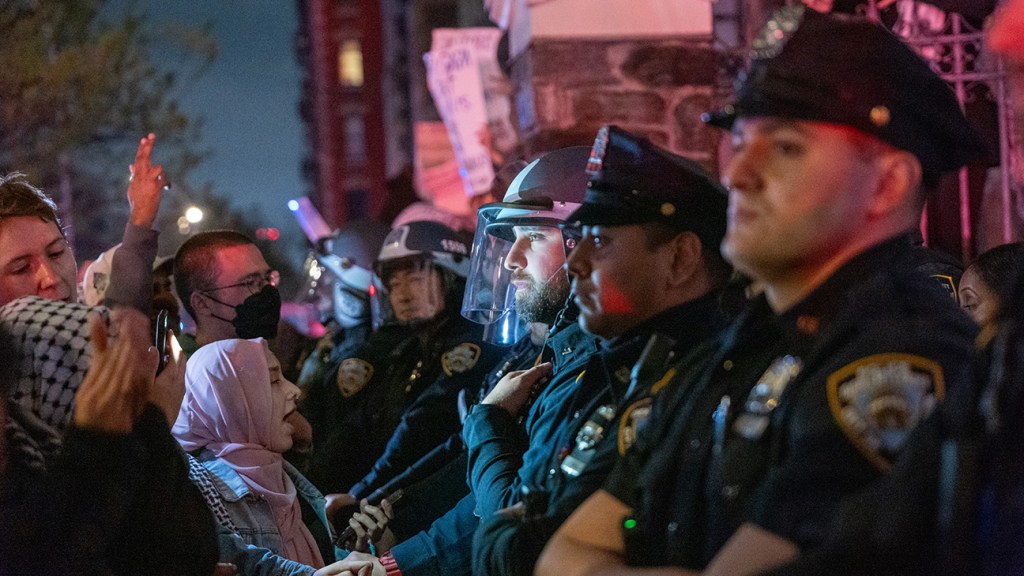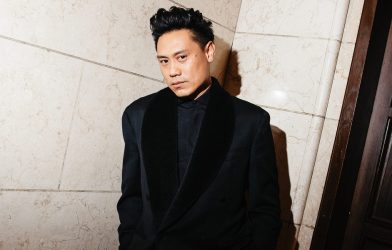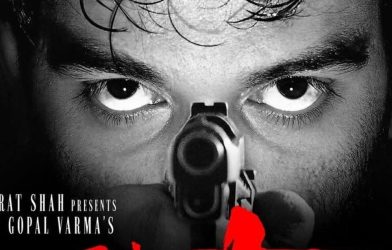
Protesters confront police at Columbia University
Spencer Platt/Getty Images
Annette Insdorf is synonymous with Columbia University, at which she has been a film professor since 1987 and served as director of undergraduate film studies for decades. A former translator for François Truffaut, she is also the longtime moderator of the 92nd Street Y’s “Reel Pieces” series, the author of numerous important books on film (most notably Indelible Shadows: Film and Holocaust) and a regular presence at film festivals like Cannes and Telluride.
Insdorf agreed to share with The Hollywood Reporter her perspective about recent unrest on Columbia’s campus over the Israel-Gaza conflict, which in the last 24 hours resulted in the NYPD raiding Hamilton Hall (which had been occupied by pro-Palestinian protesters), resulting in many arrests.
* * *
Things have indeed been tense on Columbia University’s campus, but I’m trying to keep a sane perspective. Since the number of protesters is a tiny fraction of the student population, I feel like the media has blown the situation out of proportion, especially when focusing on demonstrations outside the gate. Journalists were covering the loudest and most dramatic voices, not the majority who quietly do our work.
I share Columbia’s core values of free speech, mutual respect among diverse groups and civil discourse displaying lucidity as well as empathy. I therefore appreciated President Minouche Shafik’s rejection of both antisemitism and Islamophobia — from back in October til now.
My priority has been to teach and support my students. Inside campus, the primarily peaceful demonstrations of the past few weeks did not disrupt my classes. Last week, almost all of the students showed up, whether for my seminar on Kieslowski’s films or my lecture course “Analysis of Film Language.” Their concerns were closer to home, like whether the demonstrations could lead to the cancellation of graduation ceremonies (like USC) or of Columbia’s annual MFA student film showcase in early May.
Yesterday opened a new and distressing chapter after Hamilton Hall was occupied by protesters who barricaded themselves inside. As I watched the news on TV last night, I couldn’t help but flash back to 1968, and especially to Kent State 44 years ago. Thankfully, there was no evidence of students being injured by the NYPD. I was relieved that the police behaved much more respectfully than the National Guard, who beat student protesters decades ago.
Over the past few months at Columbia, and elsewhere, valid concerns should have become conversations, but turned into confrontations. I don’t envy President Shafik, who has to balance the constitutional guarantee of the right to protest with the essential pedagogical mission of a university.









